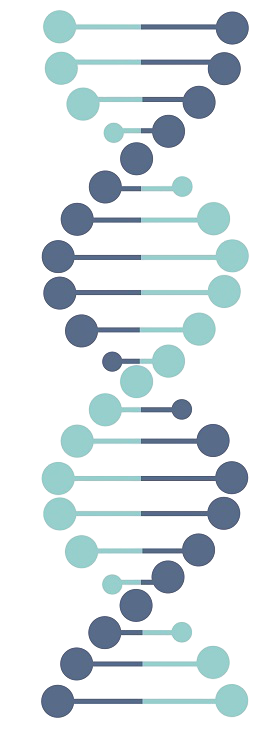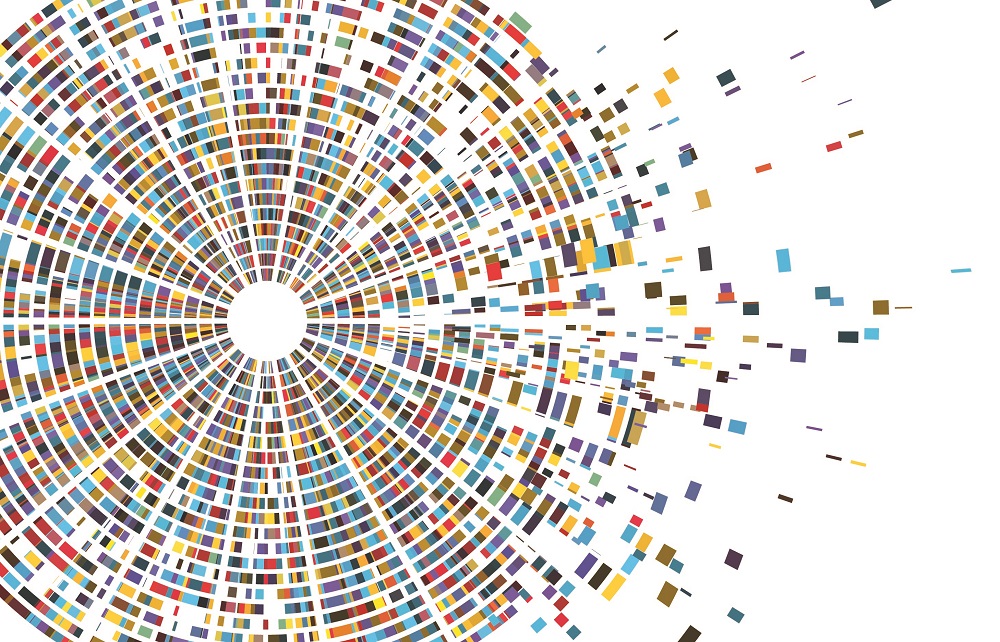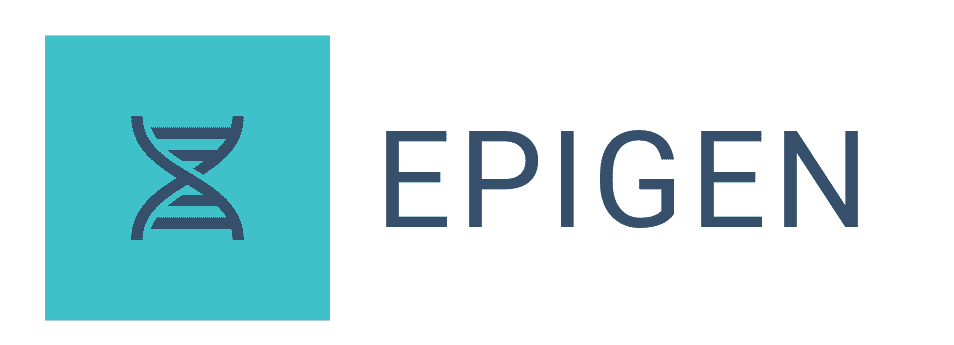Biological Age Determination

Not everyone ages the same way. Some are marathon runners at 90, while others battle with diseases in their 50s, leading to an early death. How can we tell the difference? While physical, mental, and physiological health are certainly associated with chronological age (i.e. the number of years passed since birth), it is now clear that this is not the best predictor of biological age. Over the last decade, multiple methods were developed which aimed at finding molecular markers to quantify aging. Methods included the epigenetic clock, telomere length, and estimators based on proteomic, metabolomic and transcriptomic studies. The most accurate estimator of biological age proved to be the epigenetic clock, which is based on DNA methylation analysis at numerous sites around the genome.


During aging, there are genome-wide changes in DNA methylation patterns. While these changes are often tissue-dependent, meaning that age-related methylation patterns differ between different tissues and organs, there are certain conserved epigenetic regions that show similar patterns in all tissues.
The first multi-tissue epigenetic clock was developed by Steve Horvath in 2013, using 353 of these sites. Since then, multiple versions of the clock have been developed, such as the DNAm PhenoAge which looks at sites in the genome with a direct link to physiological health estimators in the body. As well as being linked to physiological health characteristics (e.g. insulin and C-reactive protein levels), and the presence of age-associated diseases (e.g. dementia and heart disease), DNAm PhenoAge is also associated with lifestyle factors, such as smoking, diet, and exercise. Thus, DNAm PhenoAge portrays a comprehensive picture of the health state of an individual.
Biological age estimation using DNA methylation patterns was found to be better at predicting all-cause mortality, physical and mental fitness, and the presence of age-associated diseases than chronological age. The epigenetic clock detects both the acceleration or deceleration of aging compared to chronological age, making mortality and morbidity predictions much more accurate in insurance calculations or in research. At EPIGEN we calculate biological age using the most advanced epigenetic clock models.
